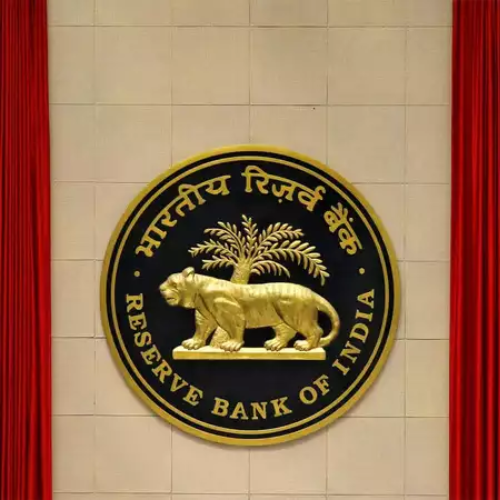The Reserve Bank of India (RBI) has announced the immediate removal of restrictions on two non-banking financial companies (NBFCs) – Chennai-based Asirvad Micro Finance and Delhi-based DMI Finance. These restrictions, imposed in October last year, barred the companies from approving and disbursing new loans. However, after taking corrective measures and revamping their practices, both firms have satisfied the RBI, leading to the lifting of sanctions.
Why Were These Restrictions Imposed?
Back in October, the RBI had flagged serious concerns regarding the lending practices of four NBFCs, including Asirvad Micro Finance and DMI Finance. The central bank found that these companies were charging borrowers excessively high interest rates on loans. This violated the regulatory guidelines that NBFCs must follow.
The RBI had identified flaws in their pricing policies, particularly issues with their Weighted Average Lending Rate (WALR) and the extra charges added over their cost of funds. Essentially, the companies were not fairly pricing their loans, making borrowing unnecessarily expensive for customers.
As a result, the RBI placed restrictions on Asirvad Micro Finance, DMI Finance, and two other firms—Arohan Financial Services and Navi Finserv—stopping them from approving or disbursing any new loans. This action was meant to ensure compliance and protect borrowers from unfair practices.
Hyderabad Conman Posing as ED Officer to Extort Money
How Did the Companies Respond?
Once the sanctions were imposed, Asirvad Micro Finance and DMI Finance got to work on fixing their processes. Both companies introduced new systems and revamped their internal policies to address the RBI’s concerns. They also submitted compliance reports to the central bank, explaining the steps they had taken to adhere to the guidelines.
In their efforts to align with the rules, the companies pledged to ensure fairness in loan pricing going forward. The RBI carefully reviewed their submissions and assessed whether the changes were sufficient. After thoroughly evaluating the revamped systems and processes, the central bank expressed satisfaction with the improvements made by both companies.
Restrictions Now Lifted
On Wednesday, the RBI officially announced that it had lifted the restrictions on Asirvad Micro Finance and DMI Finance with immediate effect. A statement from the central bank highlighted its confidence in the companies’ commitment to adhere to regulatory guidelines on an ongoing basis.
The RBI specifically mentioned its satisfaction with the companies’ efforts to improve their practices, particularly regarding fairness in loan pricing. The statement read, “…having satisfied itself based on companies’ submissions, and in view of their adoption of revamped processes, systems, and the companies’ commitment to ensure adherence to the regulatory guidelines on an ongoing basis, especially for ensuring fairness in the loan pricing, the RBI has decided to lift the afore-mentioned restrictions placed on both, Asirvad Micro Finance and DMI Finance, with immediate effect.”
The Future of Data Protection in India: Key Insights from the Draft Rules
This decision marks the completion of the RBI’s review of all four NBFCs it sanctioned last October. Earlier, the restrictions on Navi Finserv were lifted in December, followed by Arohan Financial Services earlier this month.
Background on the Issue
The sanctions imposed on these companies last year were not random. The RBI had discovered material supervisory concerns, particularly related to their pricing policies. Borrowers were being charged interest rates that were deemed excessive and not aligned with the rules set by the central bank.
This action by the RBI was part of its effort to ensure that NBFCs operate responsibly and prioritize the financial well-being of borrowers. The central bank’s primary goal is to make borrowing affordable and transparent for individuals, especially those who rely on microfinance and other small-scale loans to meet their financial needs.
Now that all four companies have addressed the issues and revamped their processes, they are free to resume normal lending operations. This move by the RBI sends a strong message to other financial institutions about the importance of adhering to fair lending practices and regulatory guidelines.


